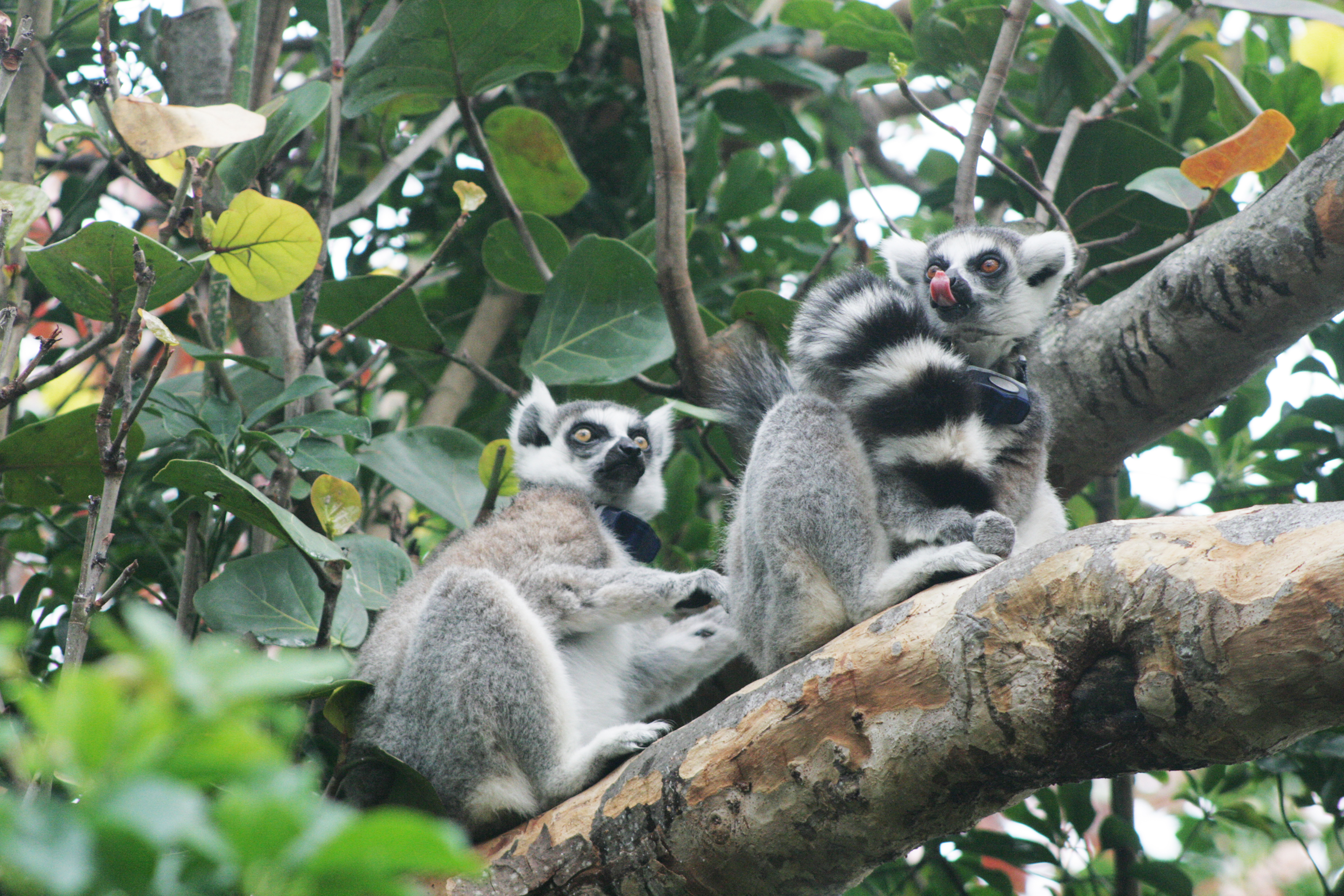Recent News
The Mystery of the Longtail ChicksFriday, July 01, 2016
Every year the staff at the Bermuda Aquarium Museum and Zoo [BAMZ] rehabilitate and release a number of White-tailed Tropicbirds, which are almost always known in Bermuda as the 'Longtail' because of its distinctive tail feathers. Adult Longtails do not handle captivity very well, so the birds are typically cared for and released within a few days.
“Kids On The Reef” Educational Programme
Tuesday, June 21, 2016
The Bermuda Zoological Society, and lead sponsor XL Catlin, recently welcomed back Beth Neale of the I Am Water foundation for their fourth annual Kids on the Reef educational programme.
BZS Environmental Youth Conference 2016
Thursday, June 16, 2016
“Managing the Environmental Impact of AC-35” – that was the theme of the eighth biennial Bermuda Zoological Society (BZS) Environmental Youth Conference, which was held at the Bermuda Aquarium, Museum & Zoo on Monday 14 and Tuesday 15 March.
BAMZ Holds Grand Re-Opening Of Hall & Shop
Friday, June 10, 2016
The Bermuda Aquarium, Museum and Zoo held an official opening for their renovated Aquarium Hall and new retail shop “Scales and Tales.”
Aquarium Hall and gift shop reopens
Friday, June 10, 2016
The Bermuda Aquarium, Museum and Zoo has reopened its Aquarium Hall and gift shop after months of work.
About
GovernanceAbout Us
Newsletter
Latest News
Gift & Bookstore
Contact
General Inquiries
info@bzs.bm
Latest News
All the latest updates and news from the Bermuda Aquarium, Museum, and Zoo, one of Bermuda's leading visitor attractions!

The residents of the Bermuda Aquarium Museum and Zoo have not received Covid-19 vaccinations, but that could change as research continues.
Ian Walker, principle curator at BAMZ, confirmed that while some larger zoos in the United States have been working with a vaccine manufacturer to test a potential vaccine on a variety of species, no such vaccinations have been performed at BAMZ.
Dr Walker said: “It is my understanding that the United States Department of Agriculture has approved this vaccine for experimental use on a case-by-case basis in the United States only.”
He added that the number of species known to contract Covid-19 – and show symptoms of the virus – is still growing.
Dr Walker said: “The number of species of animals that are known to become infected, including showing symptoms, with this virus are growing.
“This is why we have taken the strict precautions we have at BAMZ from the start of the pandemic. These precautions help to protect our staff, animals and our visitors.
“We will continue to follow the science, work with our partners and will vaccinate the appropriate animal populations when a vaccine has been approved and we can gain access to it.”
The US-based Centres for Disease Control said that “companion animals” such as cats and dogs, along with several other species, have been able to contract the virus.
The CDC said: “There have been reports of animals infected with the virus worldwide. Most of these animals became infected after contact with people with Covid-19.”
Along with a small number of pets, zoo animals including lions, tigers, pumas, cougars, snow leopards and gorillas have tested positive for Covid-19 after showing signs of illness.
Minks at farms in several countries have also been shown to contract the virus, with mink to human spread of Covid-19 reported in the Netherlands, Denmark and Poland.
Recent experimental research has shown that many other mammals, including bank voles, ferrets, fruit bats, hamsters, pigs, rabbits, racoon dogs, tree shrews and white-tailed deer can be infected with the virus.


